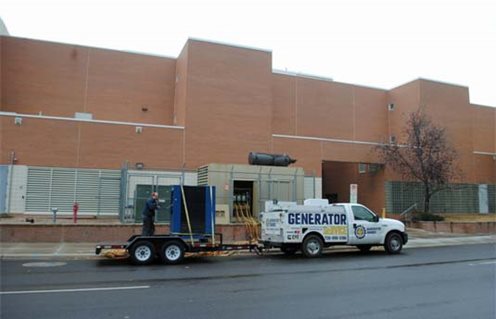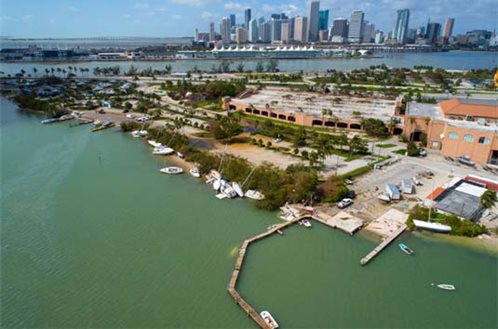|
 You are getting older now and it is starting to show as more shades of grey overtake your head and beard. You wear it as a badge of honor from the all of the years of hard labor and toil. You are a business owner who has sacrificed decades of his youth struggling, at first to build a legacy that will last a lifetime. Through your business savvy you have become an expert tactician, thrifty accountant, brilliant salesman and most of all respected industry leader to your colleagues and admirers. Not only does your family depend on you but so does each family of those whom you employ. That responsibility is both your gift and your curse. You are getting older now and it is starting to show as more shades of grey overtake your head and beard. You wear it as a badge of honor from the all of the years of hard labor and toil. You are a business owner who has sacrificed decades of his youth struggling, at first to build a legacy that will last a lifetime. Through your business savvy you have become an expert tactician, thrifty accountant, brilliant salesman and most of all respected industry leader to your colleagues and admirers. Not only does your family depend on you but so does each family of those whom you employ. That responsibility is both your gift and your curse.
Now imagine if all of your life’s work was wiped out in a matter of hours due to a violent act of Mother Nature. Imagine not having any power to run your assembly lines, cash registers, data centers, and/or cooling systems. Your production would come to a stand-still, your inventory may expire and your customers would go elsewhere because you have no power to ring up their purchases.
This is the reality many business owners have experienced first hand and all that is left of their businesses are memories of a cherished past. The good news is this doesn’t have to be you. You can prepare right now to supply back-up power to you business with the installation of a generator. Ask yourself this question, can your business afford to be without power for an extended period of time?
Hurricane’s Impact on Businesses
In August 2011 Hurricane Irene took a lot of people by surprise on the east coast of the United States and caused $10-$15 Billion in damage. Roughly, 7.4 million homes and businesses lost electrical power initially, and approximately 3.3 million remained without power 3 days later.
The biggest natural disaster to occur in the United States was Hurricane Katrina which caused $75 Billion in physical damages however the total economic impact in Louisiana and Mississippi may have exceeded $150 Billion. More than 81,000 businesses were impacted by the storm, costing the region nearly 450,000 jobs. Throughout the Gulf Coast over 2.0 million people lost power; for most in Louisiana and Mississippi it lasted 6 weeks or more. Reliable un-interrupted power connections took 8 months to be fully restored. Can your business afford to be without power for that extended period of time?
The Federal Financial Institutions Examinations Council’s (FFIEC) assessment on Katrina stated that a critical failure to businesses was a “Lack of electrical power or fuel for generators which rendered computer systems inoperable.” Billions of dollars were lost due to the inability to process transactions and access data to maintain normal business operations.
Stories of Business Owners Left Unprepared
James Naas, Power Generator Specialist for over 17 years reiterated the point of companies not being prepared for emergency situations stating, “It takes a natural disaster like a hurricane or blizzard to destroy someone’s business before they realize the need to protect themselves against power outages. Unfortunately, by then it is too late and millions of dollars are lost to the wind.”
Mr. Naas recounted a few notable tales of business owners caught without backup power including a grocery store chain that refused to purchase a generator only to lose power during a hurricane and have their entire meat, dairy and seafood inventory spoil at each store at a total loss of $370,000. Another company Mr. Nass cited had two of eight high-tech $50,000 motors burn out at an industrial assembly plant. Production was cut 25% for weeks while technicians repaired the motors at a loss of over $1,300,000. Mr. Nass routinely takes sales calls of business owners desperate for a generator who tell horror stories about how much money they lost during each natural disaster this country faces.
It is not unusual for businesses to have emergency readiness plans when a disaster strikes however prices tend to skyrocket as demand is limited. It is not unusual for a generator to sell for as much as 3x - 5x they normally would during a disaster. Rental facilities are not much better options either as they only keep a limited number of units on hand; everyone else is left to fend for themselves or wait for utility grid power to be restored.
Insuring Your Business against Power Outages
 The good news is that preparing for a power emergency is a fairly straightforward process. The first step in preparing for a generator installation is making sure you follow local and federal guidelines which means getting the appropriate permits for an industrial/commercial unit. A generator specialist along with an electrical engineer will determine what size, fuel type and consumption is right for your business. The good news is that preparing for a power emergency is a fairly straightforward process. The first step in preparing for a generator installation is making sure you follow local and federal guidelines which means getting the appropriate permits for an industrial/commercial unit. A generator specialist along with an electrical engineer will determine what size, fuel type and consumption is right for your business.
Once you get the permits and determine what size and specification are required, installation is a quick process. Units can be customized to fit most structural challenges and can be hidden away from public view in a basement, roof or in the back of a building. Units can also be sound attenuated with enclosures to reduce noise. Where stand-by units are not permissible, portable units can be wheeled in and hooked to the transfer switch of most building. Mobile units are a great solution in cases where permits or size restrictions are present. Buying a used generator can also save a great deal of money over new units.
When disaster hits, often times many good folk are found wondering how such bad luck happened to fall upon their heads. In reality, the lucky ones are the individuals that prepared beforehand. Roman philosopher Seneca once stated, “Luck is what happens when preparation meets opportunity.” No matter what business you’re in it is a good idea to insure your livelihood in case disaster strikes. It is better to have peace of mind and never use a generator versus being left unprepared.
|